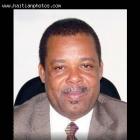ADVERTISEMENT
Education
Haitian writer Kettly Mars
Here is a picture of Haitian writer Kettly Mars.
Kettly Mars (born September 3, 1958) is a Haitian novelist, poet, and essayist. She is one of the most successful Haitian writers of today. For the past twenty years, she has portrayed the sincere and insightful aspects of her country's common peoples' joys and suffering, their emotions, and desires in a precise language which is not only breathtaking but heartbreaking as well. Although her novels and their themes are based on Haiti, they have universal approach with diversified social classes, genders, human race, spirituality, power and violence. She studied classical language and spent first twenty-five years of her career in office administrative jobs. She had love for poem since her young age, but her creative impulses made her to write first poetry when she was thirty-five, perhaps with some reluctance, because they were very much different from her later matured works. Her first poetries were erotically charged with the importance of love, nature, human body and sexuality in everyday life. She proceeded to write with a new style since 1996 and received her first prize in the Jacques-Stephen Alexis contest which further encouraged her to write poems, short stories and novels with inspiring love, the beauty of nature and everyday objects. Kelly started writing about realistic and vivid paintings of societies which are tormented by deep economic and political antagonisms.
Kettly writes in French and her books have been translated in English, Dutch, Italian, Danish and Japanese. Her first major collection of short stories and poetry, "Un parfum d'encens", was published in 1999. Her first novel "Kasale" came out in 2003. "Kasale" has deep root in Haitian culture and the voodoo spirituality. It tells the story the of common villagers' struggle for existence against unknown super powers. The first novel was followed by L'heure hybride (2005), Fado (2008), Saisons sauvages (2010), Le prince noir de Lillian Russell, with Leslie Péan (2011), Aux Frontières de la soif (2013).
Recently on November 21, 2015, she has been honored with the "Prix Ivoire Award" by the jury for African Francophone Literature in French for her novel "Je suis vivant (I am alive)" published in April 2015 by Mercure de France Press. "Prix Ivoire" is an important literary prize awarded every year by the Ivorian Ministry of Culture and Francophone and the French Embassy in Cote d"ivoire at the initiative of the Ivorian Association for Akwaba Culture.
Jhonson Napoleon, president of Azure College
Here is a picture of Mr. Jhonson Napoleon, president of Azure College, a South Florida college.
Azure College, one of the fastest growing Private-Sector College in South Florida, offers health science degree programs. During the first week of September, the college has been relocated to a new location in Miami Gardens, Florida. The relocation has been made on the graduation day of over 200 Registered Nursing and Practicing Nursing graduates. While inaugurating, Jhonson Napoleon, the President of Azure College, along with his wife and Vice President Betsy Napoleon said, the new location is a lot more than a new home and better accessibility; it has given the institution a new identity. We might remember that, during the last year, Mr. Napoleon filed a lawsuit against 'CareerSource' of South Florida, because that institution failed to reimburse him $204,950 worth of incurred expenses for opening two career centers for refugees in Hialeah and Little Haiti. On December 2012, Roderick Rick Beasley, the executive director of CareerSource and Napoleon signed a contract to open two career centers in Little Haiti and Hialeah on lease at a lease cost of over $300,000 to help Cuban and Haitian refugees find stable livelihood. However, the Beasley's agency never reimbursed him any amount above $200,000 until the contract expired in March 2013.
Rodney St Elois at Académie des lettres du Québec
Here is a picture of Rodney St Elois who became a member of the Académie des lettres du Québec.
Highly honored poet and author, Haitian-Canadian, Rodney Saint-Eloi, has been warmly received into the Academie des letters du Quebec.
His work has been published in English, Spanish, and Japanese, resulting in many awards of recognition.
As a member of the Literary Academy he wants to raise awareness of French language, literature, and cultural in the Francophonie. To honor him further he is up for the sought-after Governor General's literary award.
Red Cross to Educate Rural Haitians on Toilet Usage
The International Federation of the Red Cross (IFRC) wants to install toilets in Haitian communities across the country. Before this can be done, social and cultural values regarding bodily functions must be addressed.
The IFRC's research shows--in some communities--usage of open fields for elimination activities are considered acceptable.
The IFRC will develop a program to re-educate rural residents on the improved quality of life they will experience by using a modern commode.
Quebec elementary school textbook contains racist material
Here is a picture taken from a Quebec elementary school textbook that the Haitian community called racist material.
Some members of Montreal's black and Haitian communities have reported that a French Textbook (Ardoise grammar book), meant for Grade 3 and 4 students contains racist material and it should be withdrawn from the curriculum. They consider the book as racist because no other perspective of Haiti has been presented to the kids in the book, but it describes poverty, ignorance and backwardness of the Haitian community. The controversial part of the textbook is a story of an 11-year-old small girl from Haiti, named Fancia who does daily household chores of a woman. She lives in a Haitian community of poor and black people where doing daily chore is a normal practice, but hope to get educated is nothing but an absurd dream of a small girl. The given description could be an individual instance, but never a describing representation or a part of children education.
Lycée Toussaint Louverture basic and secondary cycles
Here is Lycée Toussaint Louverture for basic and secondary cycles
In the reconstructed 'Lycee Toussaint Louverture ' premises 300 students and 2,800 students can study in the basic and secondary sections respectively. The students in the secondary section can study in any of the two shifts: morning or evening. Twenty one and twenty two classrooms have been allotted for morning and evening sections respectively. Though the Haitian Constitution requires that a public education be offered free to all people, the Haitian government has not been able to fulfill this obligation. It spends about 10% of the federal budget on elementary and secondary education. More than 80 percent of primary schools are privately managed by nongovernmental organizations, churches, communities, and for-profit institutions.
Lycée Toussaint Louverture in Rue Saint-Honore
Here is Lycée Toussaint Louverture in Rue Saint-Honore.
Vocational training in Haiti is given at different levels between the second half of secondary school and the first half of the university. It includes trainings on technical or professional education, housework or professional skills. General secondary education consists of a three-year basic cycle and a four-year upper cycle that leads to a baccalaureate (baccalauréat, or the equivalent of the high school diploma) and possible university matriculation.
'Lycee Toussaint Louverture 'was founded in 1946, during the rule of the government of Dumarsais Estime. The name of Toussaint Louverture was chosen for the school because that great Haitian liberator during his lifetime fought for equality and his name represents the aspirations of people everywhere seeking freedom and justice.
Reconstructed Lycée Toussaint Louverture
Here is Lycée Toussaint Louverture reconstructed.
Education in Haiti begins at preschool, which is followed by 9 years of Fundamental Education in three cycles: first (basic), second and third. Preschool education is not compulsory but, Elementary or Fundamental education is compulsory for children between ages of 6 and 11 and that consists three cycles of three years each. The third cycle is completed either in elementary or in secondary school. The third cycle of Fundamental Education (or Année Fondamental) consists of 7th, 8th and 9th grades, where the student studies a range of general education courses. Secondary education comprises 4 years of schooling.
Premises of Lycee Toussaint Louverture
Here are the Premises of Lycee Toussaint Louverture.
On October 16, the school was inaugurated by President Martelly in the presence of the Haitian Prime Minister Evans Paul, Minister of National Education, Nesmy Manigat, the Minister of Planning, Yves Germain Joseph and other dignitaries and government officials. The school will celebrate its 70th years of existence in 2016.
The new construction has been designed for the benefit of Haitian youth and future generations; it would facilitate their academic achievements and enhance their socio-professional integration. IBT Group (A subsidiary of Spanish company Grupo Eurofinsa), in partnership with the Dominican company Estrella is also building the Haitian National Olympic Center, a $29 million project. The Head of Government has clearly expressed its satisfaction with the 'Lycées 'Toussaint Louverture' reconstruction work.
Establishment Lycee Toussaint Louverture
Here is Establishment Lycee Toussaint Louverture.
Lycées Toussaint Louverture' was founded in 1946 under the government of Dumarsais Estime. It has been rebuilt with a fundings of $7 million from the PetroCaribe fund, tailored to withstand earthquake tremors and para-cyclonic protective norms as per international standard. The new building would accommodate 3,000 students in about 40 classrooms, with a maximum of 60 students per class. IBT group has built the structure on an area of 8400 square meters with reinforced concrete structure respecting the original architecture. It is a modern building which caters every contemporary need like a library, science laboratories, computer training center, a cafeteria, an auditorium and a mini football field of 836 square meters.

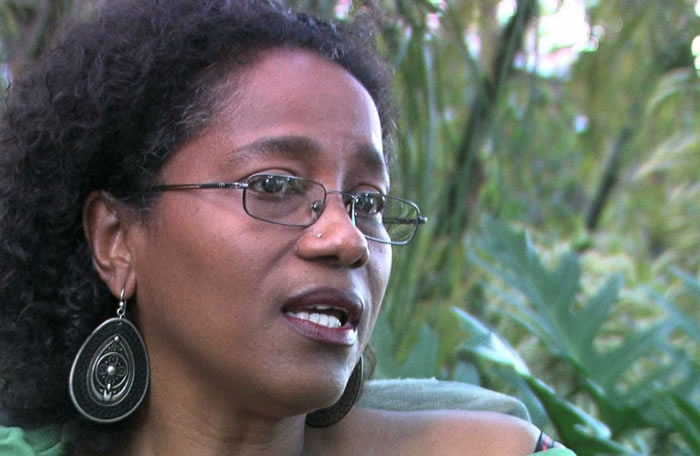

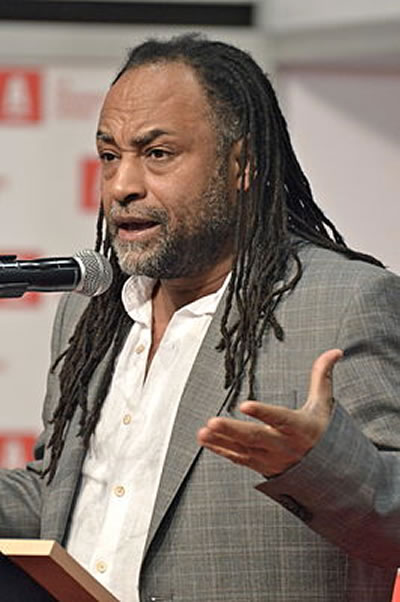
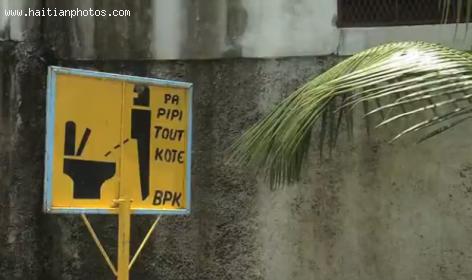
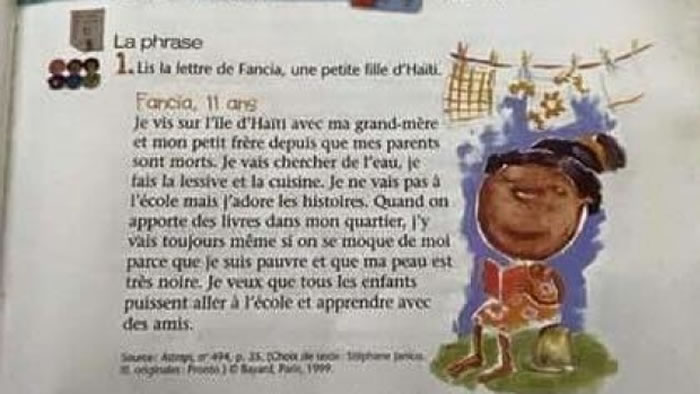
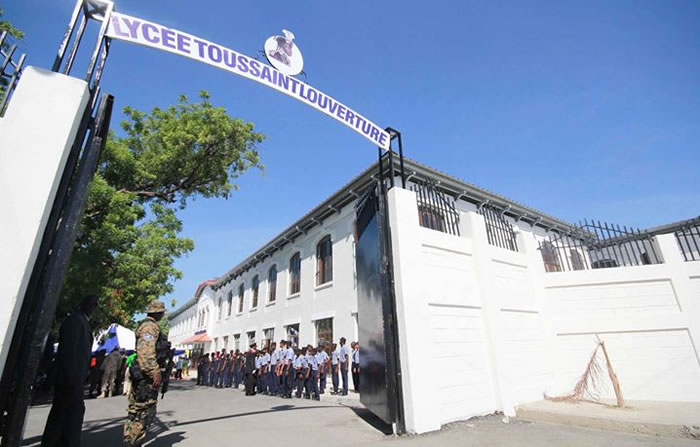
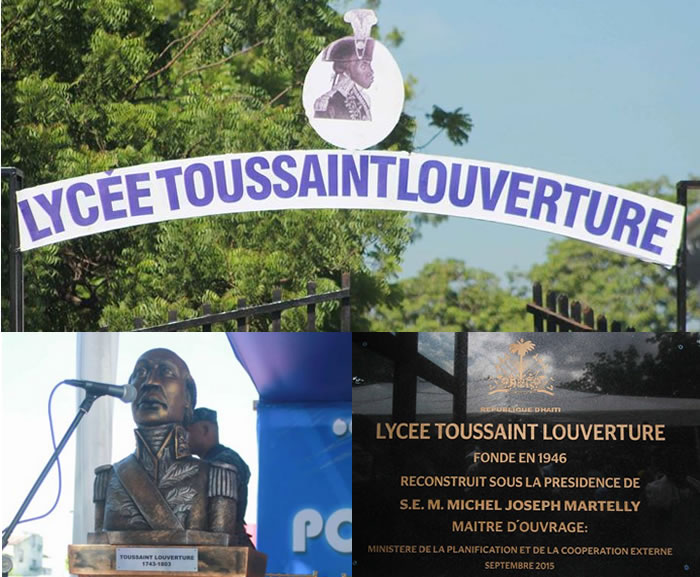

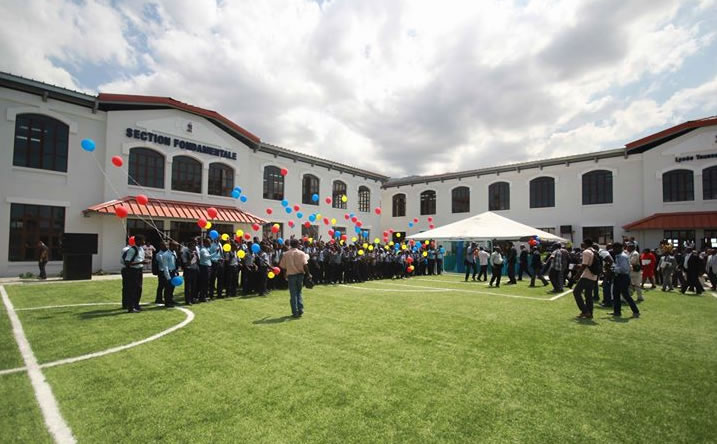
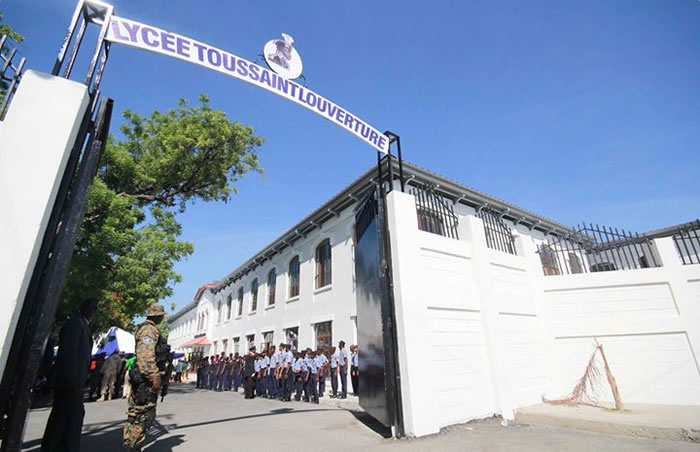
 Haiti License Plate or Plaque d'immatricules a DGI
Haiti License Plate or Plaque d'immatricules a DGI  Who will be the next president of Haiti?
Who will be the next president of Haiti?  Le Chic Poulet by Haiti Broilers S.A.
Le Chic Poulet by Haiti Broilers S.A.  The Petro Caribe Challenge hashtag
The Petro Caribe Challenge hashtag  Paul Eugène Magloire, born in Quartier Morin
Paul Eugène Magloire, born in Quartier Morin 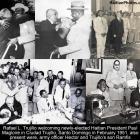 Rafael L. Trujillo welcoming Paul Magloire in Santo Domingo
Rafael L. Trujillo welcoming Paul Magloire in Santo Domingo  Dr. Henri Ford, First Haitian Dean At University of Miami Med...
Dr. Henri Ford, First Haitian Dean At University of Miami Med... 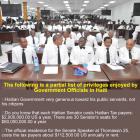 Partial list of privileges enjoyed by Government officials in...
Partial list of privileges enjoyed by Government officials in... 


